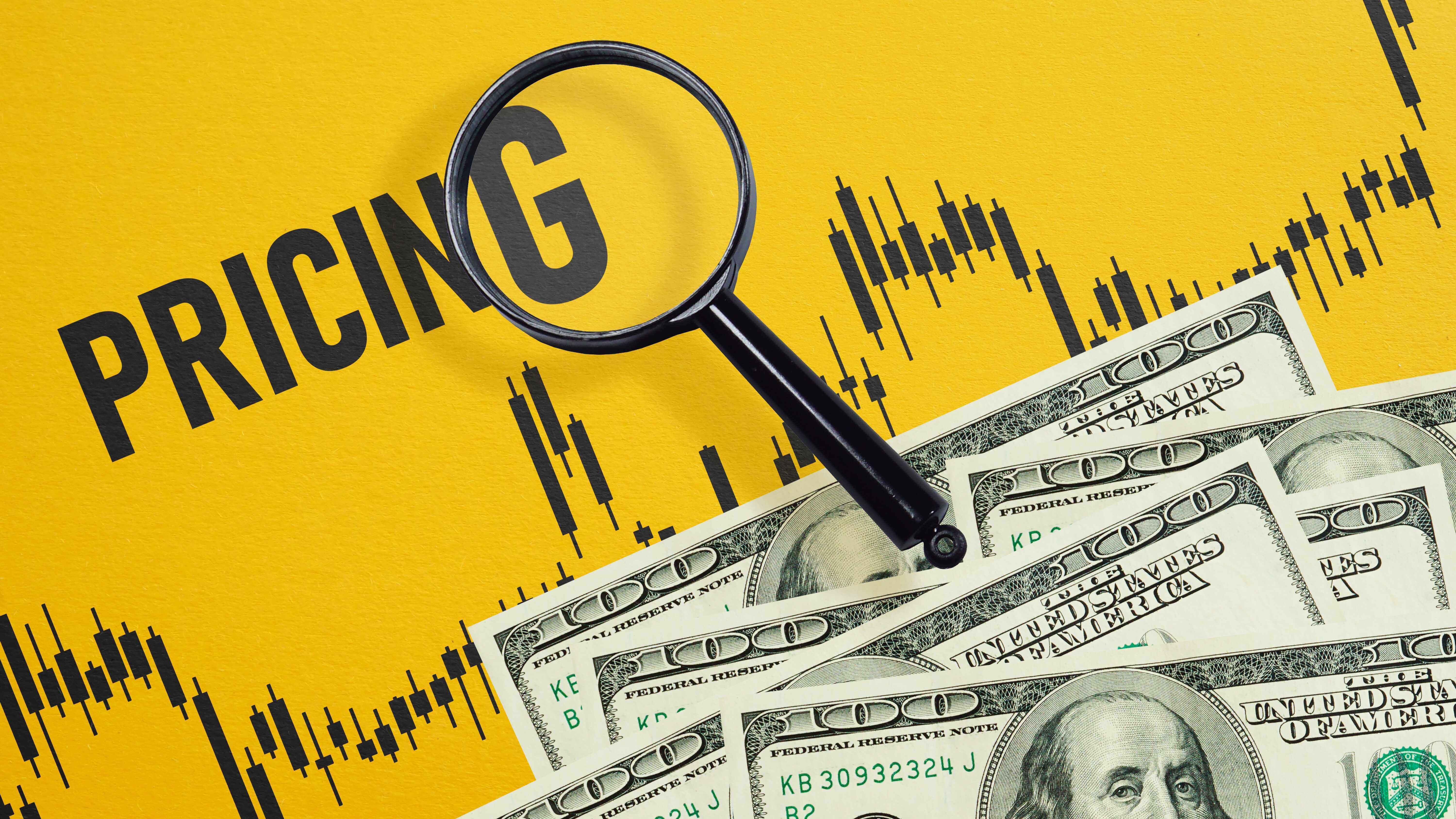4 Reasons To Buy Alibaba Stock Like There's No Tomorrow

Is your portfolio chock-full of the same names everyone else seems to own? Perhaps you're looking for a winning stock that has flown under the radar.
Such stocks are few and far between in this record-setting market, but they're out there. Take China's e-commerce giant Alibaba (NYSE: BABA) as an example. The company has fallen out of favor following the stock's 70% decline from its all-time high, but it's actually a compelling pick for investors.
Start Your Mornings Smarter! Wake up with Breakfast news in your inbox every market day. Sign Up For Free »
Here's why you should buy Alibaba stock
Alibaba's Tmall and Taobao platforms collectively control about half of China's e-commerce market (plus a significant share in a handful of neighboring countries). The other half is mostly split between Temu parent PDD Holdings and JD.com.
The roughly $60 billion of annual revenue from its online marketplaces make up less than half of the company's overall top line, however. The remaining segments include of a logistics operation called Cainiao, a cloud computing arm, and international e-commerce, among others.
Like many companies, Alibaba saw its business surge early in the pandemic only to experience a growth hangover as the crisis waned. However, it's on the upswing again with third-quarter revenue up 5% year over year and net income rising nearly 60%. This progress extends top-line momentum the company has enjoyed since early last year.
Data by YCharts.
While Alibaba seems to finally be out of its pandemic-induced funk, the reasons to consider stepping into an Alibaba stake right now are far more specific. Four of them stand out from the rest.
1. Consumer spending in China is growing
As well as Alibaba may be managing and promoting its e-commerce business, its success is still ultimately tethered to the state of China's economy, and China's consumer spending in particular. That's why 2023 was such a tough year -- the pandemic's impact lingered far longer than anticipated.
Matters are considerably more encouraging now. The country's retail sales have grown every month (on a year-over-year basis) for two consecutive years, buoyed by last year's reported GDP growth of 5.0%. Though market research outfit eMarketer predicts China's retail spending will only grow 3.5% this year, e-commerce spending could increase double digits, according to multiple reports.
2. The state of the company is no longer in question
Investors keeping tabs on Alibaba for the past couple of years will remember management has struggled to develop a cohesive vision for the company. In late 2023, for example, it cancelled well-lauded plans to spin off its cloud computing arm. And early last year, it reversed its plans to shed its Cainiao logistics business. Even if these were ultimately the right decisions, investors didn't like the uncertainty around the future of these core operations.
Now, roughly one year removed from these reversals and with concrete plans for all of its businesses (following a management shakeup), it's easier to be bullish on the company's outlook.
3. It boasts a healthy balance sheet
It's not said often enough, but debt can quietly chip away at a company's market position. It limits deployable capital that might be needed to ride out tough times or when growth opportunities arise.
That's not Alibaba though. While it does have some debt, the $235 billion company is only nursing around $28.8 billion in borrowings, and it has nearly twice that amount in cash and liquid assets. Furthermore, it's generated $14.5 billion worth of free cash flow in the past year.
All of this is why Fitch Ratings rates what little debt Alibaba is carrying at a rock-solid A+. The company can handle any conceivable cash challenge or invest in growth without threatening its financial stability.
4. Alibaba is an AI up-and-comer as well
Finally, Alibaba has also entered the artificial intelligence fray -- one of the reasons it opted to hold onto its cloud computing business rather than shedding it back in 2023.
Just a few days after Chinese start-up DeepSeek roiled the market with its low-cost, high-efficiency AI model, Alibaba unveiled its own model, Qwen 2.5-Max, which it claims is even better than DeepSeek's.
While it remains to be seen how competitive Alibaba will be in the AI race, the long-term opportunity is significant. Precedence Research suggests the industry is set to grow at an annualized pace of 19% through 2034. It's not unreasonable to believe Alibaba's AI efforts could become the next major growth engine for the company.
Just keep it in perspective -- and on a short leash
Though Alibaba appears to be on the upswing, it still faces tough challenges like increasing e-commerce competition and macroeconomic struggles in China.
With shares trading at just 11 times expected 2025 earnings (and still down 70% from their all-time high), I don't believe investors are pricing in nearly enough of Alibaba's potential upside. This is a rare bargain in today's market.
Just keep in mind this is apt to remain a volatile ticker in the near term.
Should you invest $1,000 in Alibaba Group right now?
Before you buy stock in Alibaba Group, consider this:
The Motley Fool Stock Advisor analyst team just identified what they believe are the 10 best stocks for investors to buy now… and Alibaba Group wasn’t one of them. The 10 stocks that made the cut could produce monster returns in the coming years.
Consider when Nvidia made this list on April 15, 2005... if you invested $1,000 at the time of our recommendation, you’d have $735,852!*
Stock Advisor provides investors with an easy-to-follow blueprint for success, including guidance on building a portfolio, regular updates from analysts, and two new stock picks each month. The Stock Advisor service has more than quadrupled the return of S&P 500 since 2002*.
*Stock Advisor returns as of January 27, 2025
James Brumley has no position in any of the stocks mentioned. The Motley Fool recommends Alibaba Group and JD.com. The Motley Fool has a disclosure policy.


